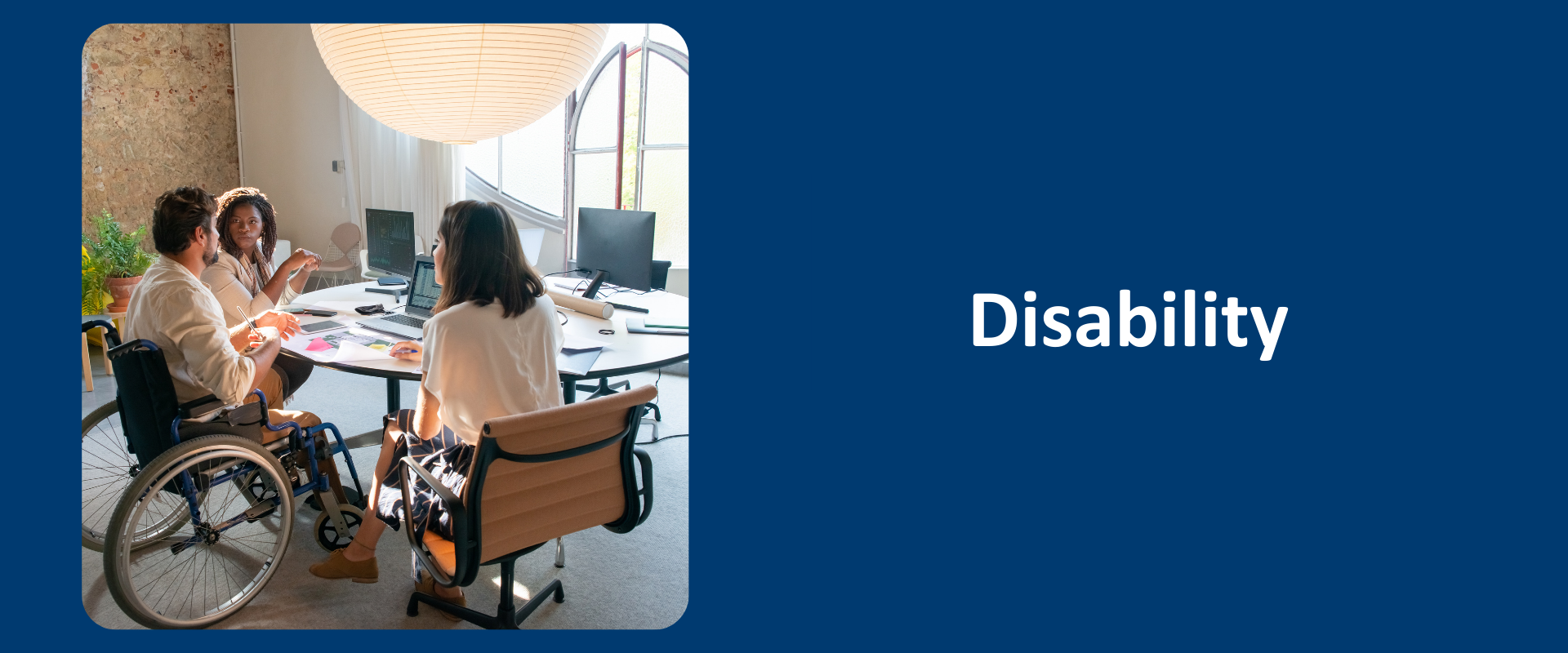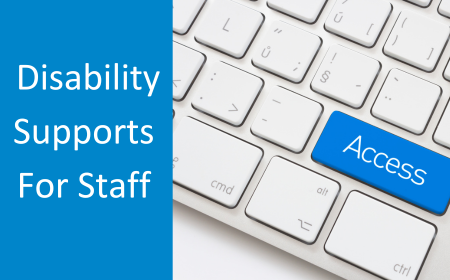The Fund for Students with Disabilities is co-funded by the Irish Government and the European Social Fund as part of the ESF Program for Employability, Inclusion and Learning (PEIL) 2014 – 2020.
The Fund for Students with Disabilities allocates funding to further and higher education colleges for the provision of services and supports to full-time and part-time students with disabilities. The Fund aims to ensure that students can participate fully in their academic programmes and are not disadvantaged by reason of a disability. Eligible students can receive assistance from the Fund from PLC level right up to doctoral level. You do not have to be in your first year of a course to be eligible to apply for the supports provided by the Fund for Students with Disabilities.
Students must provide documentary evidence of their disability and attend a short Needs Assessment meeting in order to access supports through the fund. Students must meet particular criteria in order to qualify for support and students will be informed of these at their Needs Assessment.
Students who wish to request a Needs Assessment should email (opens in a new window)disability@ucd.ie




